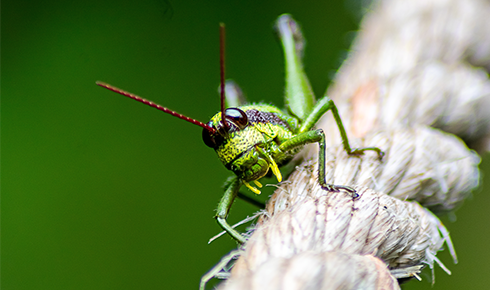Entomology is the scientific study of insects, a branch of zoology that examines their structure, behavior, and interactions with the environment and other organisms. The history of entomology in India spans from ancient times. There were studies of insects like silkworms and honeybees, to the development of modern entomology. Early records of Indian insects were made in the 18th century, wherein scientific work on Indian insects began. Key milestones include the appointment of the first entomologist to the Government of India in 1901.
Understanding of entomology by public health professionals is a must to plan preventive strategies. Further, general Public do need to know the factors influencing their health related to aspect for better prevention. This division will ensure transmission of critical information especially during epidemic time.

Lorem ipsum dolor
Lorem ipsum dolor sit amet consectetur.
Justo Venenatis
Position
Justo Venenatis
Position


